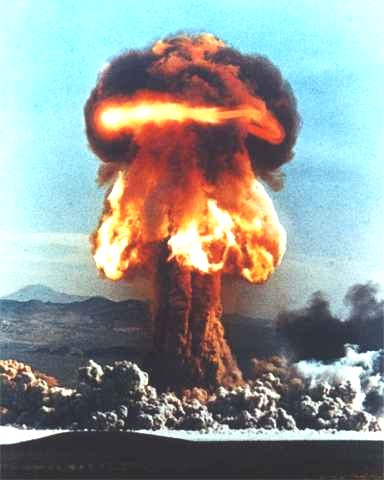proletariat- the class of wage earners, esp. those who earn their living by manual labor or who are dependent for support on daily or casual employment; the working class.
stop-loss- designed or planned to prevent continued loss, as a customer's order to a broker to sell a stock if its price declines to a specific amount.
elucidate- to provide clarification; explain.

elusive- eluding clear perception or complete mental grasp; hard to express or define: an elusive concept.
profligate- utterly and shamelessly immoral or dissipated; thoroughly dissolute.
chasm- a deep opening in the earth's surface

fulminate- to explode with a loud noise; detonate

ostentatious- characterized by or given to pretentious or conspicuous show in an attempt to impress others: an ostentatious dresser.
obfuscate- to confuse, bewilder, or stupefy.





